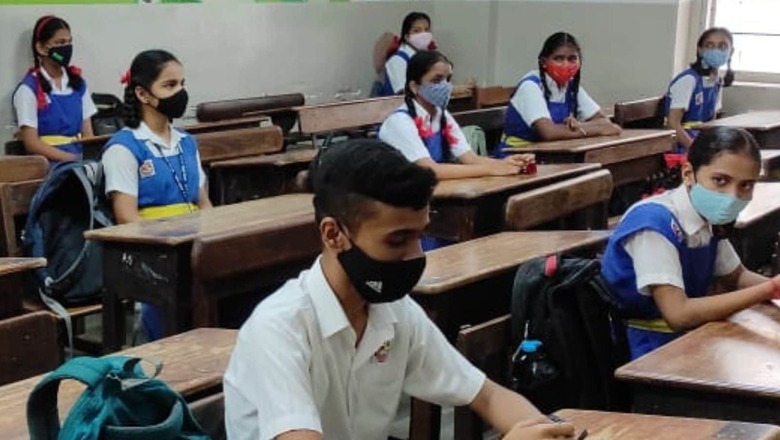
views
As India celebrates the milestone of 100 crore vaccination doses, the big question on everyone’s mind is: when will we start vaccinating children?
SARS-CoV-2, the virus that causes coronavirus disease or COVID-19, has rapidly spread through the world and India in the last two years, affecting all age groups, including the pediatric population. Children accounted for 8.5 per cent of all reported cases of COVID-19. Mortality was higher in children with comorbidities.
With the threat of a third wave in India still looming large, and many speculating it will affect children, it is a medical and social responsibility to strive to get children vaccinated too.
The government plans to begin vaccination for children in the 12-18 year age group by giving priority to those with comorbidities, like congenital heart diseases, malnutrition, hematological problems, immunodeficiencies, neurological disorders, renal diseases, tuberculosis, malignancies and obesity.
Among the vaccines available, Zydus Cadila’s COVID-19 vaccine (ZyCoV-D) is approved for emergency use in children aged 12 years and above. Notably, this is the first DNA-based indigenously manufactured, needle-free, COVID-19 vaccine to be approved for children. DNA technology is a radically new approach that involves direct introduction of a plasmid containing the DNA sequence encoding the antigen (in this case the COVID virus) against which an immune response is sought. This approach offers a number of potential advantages over traditional approaches, including stimulation of both B and T cell responses, improved vaccine stability, absence of any infectious agent and the relative ease of large-scale manufacturing.
The vaccine showed 66 per cent efficacy against severe COVID infection. The three-dose Zydus vaccine developed in partnership with the Department of Biotechnology has been approved with a dosage cycle wherein the second and third shots will be administered at an interval of 28 days and 56 days respectively, from the first dose. The Zydus shot is a needle-free vaccine administered using a special device ‘PharmaJet’, which ensures intradermal vaccine delivery.
This is a historic milestone—ZyCoV-D, a product of Indian innovation, becoming the world’s first DNA vaccine for COVID-19 and possibly playing a crucial role in immunizing children between 12 and 18 years of age.
The Timeline for Roll Out
Niti Aayog member (Health) and India’s COVID-19 Task Force chief Dr V.K. Paul recently said that while a ‘particular timeline’ for COVID-19 vaccination cannot be provided immediately, “the Centre will decide the rollout of the COVID-19 vaccine for children below the age of 18 years on the basis of overall ‘scientific rationale’ and their supply.”
Meanwhile, work on incorporation of ZyCoV-D into the national vaccination programme is underway.
The Subject Expert Committee (SEC) has also recommended Hyderabad-based Bharat Biotech’s Covaxin for emergency use in children in 2-18 year age group. However, the Drugs Controller General of India (DCGI) is yet to give a go-ahead to Covaxin. Bharat Biotech’s Covaxin, an inactivated whole virus vaccine, has a proven efficacy of 77.8 per cent.
As of now, the exact process for roll out of vaccination is uncertain—whether it will be done only through government hospitals or private hospitals will be roped in too.
For instance, in the case of Measles Rubella (MR) vaccine, the vaccination drive in Mumbai was carried out in general hospitals as well as schools, through a team of WHO and BMC officials and trained staff, with nearby doctors and clinics on standby.
ALSO READ | In 100-crore Vaccine Run, a Victory for CoWIN and Narendra Modi’s Digital India Dream
The Role of Parents
In COVID vaccination among children, the problems a campaign can encounter could be similar to those during adult vaccination—vaccine hesitancy, fear of severe adverse reactions, and unavailability. In addition, there has to be adherence to the three-dose schedule (in case of ZyCoV-D). We are unsure as to how many will successfully complete the entire three-dose course.
A vaccination drive for children needs a strong and positive approach to make it easily available at the government level as well as excellent role modelling at the community level. While the former is expected to be better following the experience of adult vaccination, the latter does not necessarily need celebrities or stars. Instead, community leaders stepping forward as parents to inoculate their children need to be highlighted as success stories. Parents are known to follow other parents when it comes to something new for their child, rather than celebrities.
Keeping vaccination optional is the key to avoid fear and doubt. Although vaccination is not mandatory for schools, the gradual reopening of schools is a natural booster for parents to actively seek vaccination for their child. After a long period of uncertainty and inaction on multiple fronts, Indian parents finally have an excellent opportunity to play a proactive role and take a firm step ahead with their child!
Dr Bela Verma is Professor of Pediatrics at Sir J.J. Hospital, Mumbai. Dr Samir H. Dalwai is a consultant developmental behavioural pediatrician. Both are members of Government of Maharashtra Task Force for Pediatric COVID. The views expressed in this article are those of the authors and do not represent the stand of this publication.
Read all the Latest Opinions here













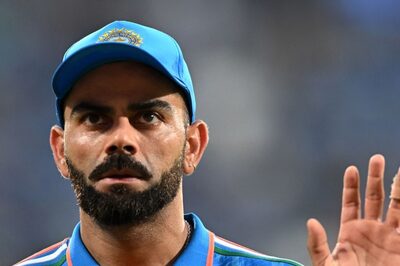
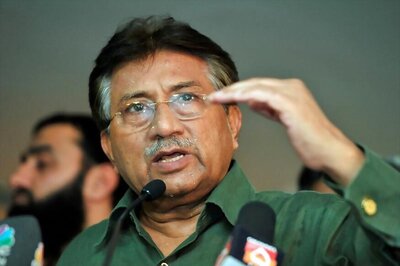



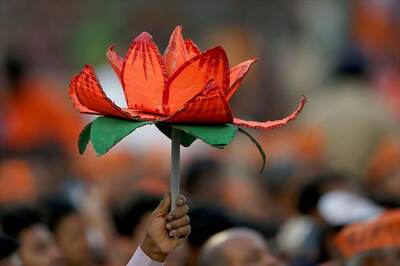
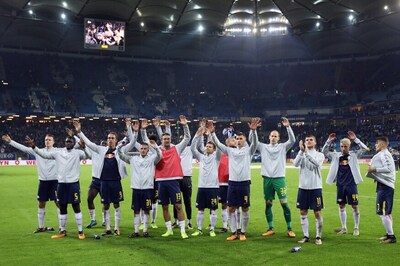
Comments
0 comment